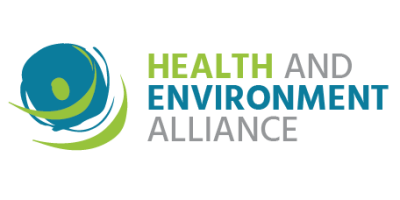

- Home
- Companies
- Health and Environment Alliance (HEAL)
- News
- NGOs call for EPA pesticide testing to ...

NGOs call for EPA pesticide testing to be updated
The Environmental Protection Agency is ready to start testing 67 pesticide ingredients for their possible endocrine disruption effects. However, the US based NGO, the Endocrine Disruption Exchange (TEDX) argues that the testing program the agency plans to use is riddled with holes. TEDX claims that the tests, first recommended in 1998, are outdated, insensitive, crude, and narrowly limited.
Dr. Theo Colborn, founder of TEDX, argues that the EPA tests were designed under the surveillance of professional who were not trained in endocrinology and developmental biology. The EPA have remained oblivious to the wealth of information on endocrine disruption from independent academic researchers funded by the United States and other governments in Europe and Asia. This new research is based on different assumptions than the toxicological assumptions that drove the EPA test designs. The limited scope of the EPA tests means that is not in a position to address the pandemics of endocrine-related disorders that pose a threat to every child born today.
Colborn states that the problems in the EPA approach stem from the institutional barriers, bureaucratic inertia, and corporate interference which led to one disconnection after another. Since the early 1990s, scientists around the world have published hundreds of articles demonstrating how a broad selection of chemicals can interfere with the normal development of a baby at extremely low levels of exposure. These pioneering scientists discovered effects for some widely used chemicals at concentrations thousands of times less than government safe levels of exposure derived through traditional toxicological tests. However, Colborn argues that these publications never reached policy; no connection was made between the assumptions of the toxicologists and those of the endocrinologists, developmental biologists, and the multi-disciplinarians doing the research needed to detect endocrine disruptors.
Colborn argues that EPA`s limited approach will not detect chemicals that can alter development and function of the pancreas, and its hormone, insulin, which could lead to diabetes and obesity. It also will not detect chemicals that alter how the brain is constructed and programmed that can undermine intelligence and behaviour.
In light of the increasing pandemics and the new U.S. administration`s willingness to make bold changes, Colborn argues that the time is right to move forward and let the scientists who understand the complexity of the endocrine system step in. Allowing room for new scientists that have proven that they can think outside the box and inside the womb, revised EPA testing could ultimately reduce the use of thousands of animals and make up for the time lost over the past decade.
